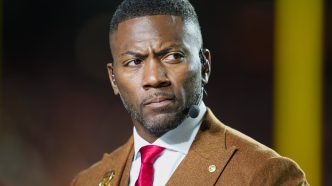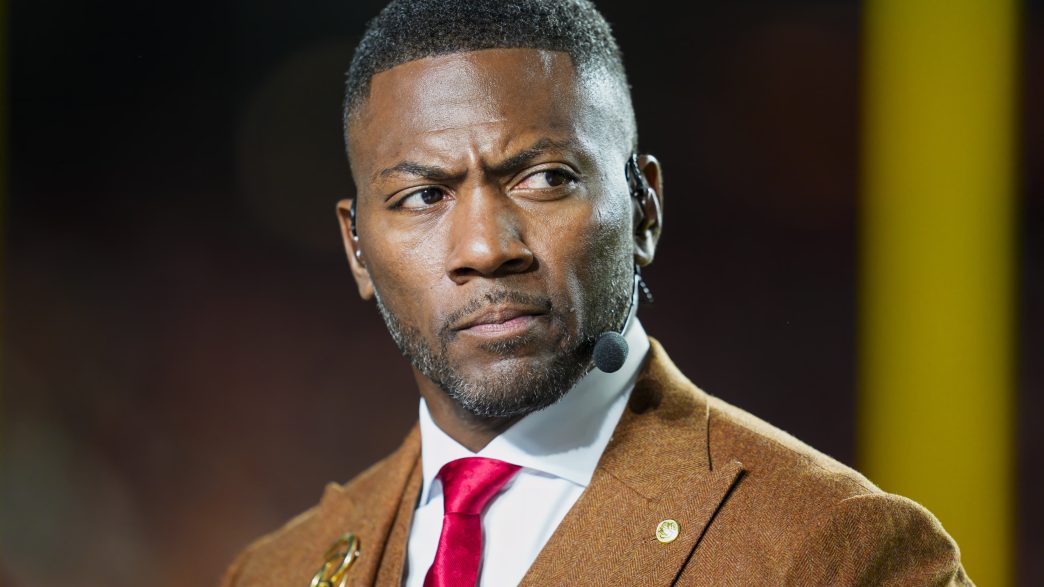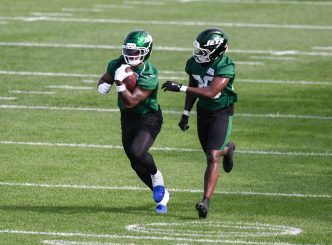In an unexpected twist worthy of a sports drama, former NFL teammates and ESPN colleagues Ryan Clark and Robert Griffin III found themselves entangled in a narrative brimming with tension, public insults, and a significant dose of reflection. It all kicked off when Griffin took to social media, delivering a heated monologue regarding the rivalry between Caitlin Clark and Angel Reese. Griffin’s portrayal of Reese as the antagonist in this dynamic drew the ire of Clark, which led to a back-and-forth that spilled over into personal jabs.
Clark didn’t hold back, questioning Griffin’s professional integrity and casting him as a bad teammate on and off the screen. In a media landscape where such conflicts can spiral quickly, it was clear this was no ordinary spat; emotions were high and personal.
But after a period of introspection, Clark decided to recalibrate. On a recent episode of his podcast, The Pivot, he issued a public apology—not for his criticism of Griffin, but for dragging Griffin’s wife, Grete, into the fray. “To Grete, I was out of line. I was out of bounds. I apologize,” Clark stated, signaling an understanding that while heated debates are part of sports culture, family should always remain off-limits.
Clark reiterated his concerns about the optics of Griffin’s comments, particularly how Grete was positioned alongside him during the discussion of a serious topic. He emphasized that it wasn’t right for her to be involved in what should be a discussion about sports, saying, “Families should be off limits. I started that by bringing her into it. I see that.”
In light of his comments, he expressed regret about using her as a point of reference while making a broader argument about the significance of Black women in sports, emphasizing that such discussions should not diminish the value of women from any background.
Returning to the heart of the matter, Clark took the opportunity to echo his thoughts on the Clark-Reese rivalry. He recognized the contributions of Reese to the game, stating, “The game needs her,” while thoughtfully acknowledging the complexities that come with fan interactions and racial dynamics. He maintained that Reese deserves recognition for her impact on the sport and that the conversation shouldn’t center around animosity.
While Clark took a step back from vilifying Griffin’s wife, his critical views on Griffin’s professionalism remain intact. Their history as teammates and colleagues in various formats adds layers to their relationship, making their public disagreements all the more poignant. Despite their past differences and Clark’s palpable disdain for Griffin, he still portrayed himself as someone supportive of his former teammate.
Ultimately, this incident serves as a reminder of the human element embedded in sports commentary. As much as these players can erupt in conflict, they also possess the capacity for reflection and remorse. It’s a delicate balance—one that both Clark and Griffin are navigating in this very public forum, and one that underscores the importance of respect and responsibility in sports discussions. The saga may have laid bare their differences, but it also highlighted the potential for growth through understanding and dialogue, something that fans and analysts alike can appreciate.








